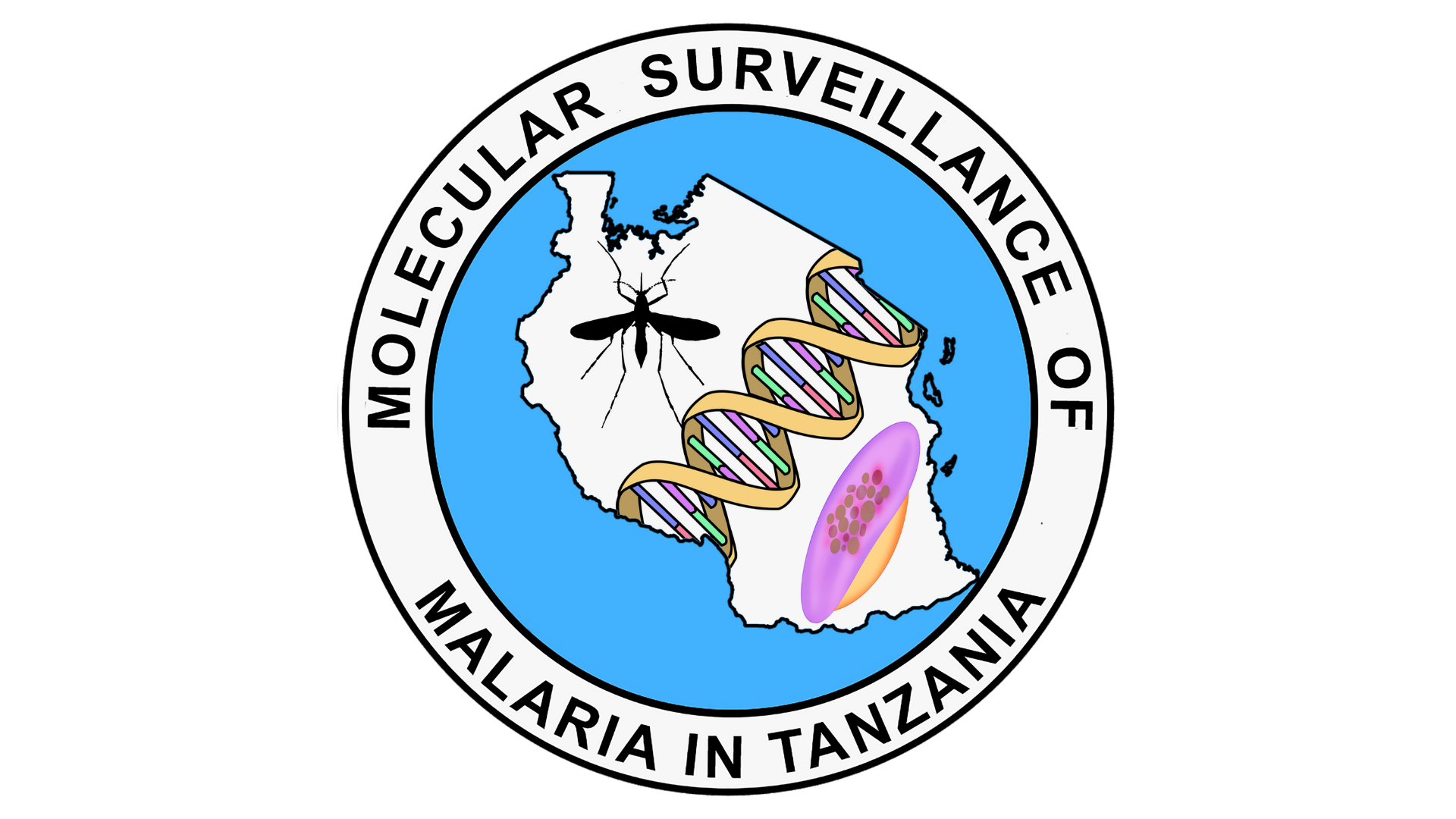
Principal Investigator: Prof. Deusdedith R.S Ishengoma
Project leader/ Coordinator: Dr. Celine I. Mandara & Mr. Solomon M. Mwakasungula
Project Administrator: Ms.Priscilla Mlay
Funding Partner: Gates Foundation
Start date: June 20, 2024
End date: June 30, 2027

Malaria Molecular Surveillance in Mainland Tanzania Phase 2 (MSMT2 Project)
The Malaria Molecular Surveillance in Mainland Tanzania Phase 2 (MSMT2) project, funded by the Gates Foundation, is an initiative led by the Ifakara Health Institute (IHI), with Prof. Deusdedith R.S Ishengoma, a Principal Research Scientist from IHI, at the forefront. The project aims to conduct Malaria molecular surveillance (MMS) in Mainland Tanzania to inform the National Malaria Control Program (NMCP) through extensive national surveillance of antimalarial resistance and histidine-rich protein 2/3 (hrp2/3) gene deletions.
The main objective of the MSMT2 project is to strengthen and further scale-up local molecular, genetic, genomic, and serological laboratory and analytic capacity to support MMS/ integrated MMS (iMMS) in Tanzania.
The specific objectives are:
- To conduct antimalarial resistance and hrp2/3 gene deletions surveillance on a national scale to inform NMCP decision-making.
- To build the capacity for serology to detect antigens used in rapid diagnostic tests (RDTs) and conduct vector genomic surveillance.
- To conduct antimalarial resistance modelling in collaboration with other projects at Ifakara Health Institute (IHI), and the Institute for Disease Modelling (IDM).
- To deliver training and capacity building to the local team at the National Public Health Laboratory (NPLH) to ensure the sustainability of MMS/iMMS.
This is the second phase of the MSMT project, which was initiated in Tanzania in May 2020. The first phase (MSMT1) was undertaken by the National Institute for Medical Research (NIMR) in collaboration with the Ministry of Health through the National Malaria Control Program (NMCP) and the President’s Office, Regional Administration and Local Government (PO-RALG). This was the first and the largest country-wide malaria molecular surveillance (MMS) project in Tanzania, implemented with funding from the Gates Foundation. The MSMT1 project was implemented for four years from May 2020 to April 2024, with the support of and in partnership with USA Institutions (Brown University, University of North Carolina, CDC Foundation and Harvard University/Broad Institute). The MSMT1 aimed at building the comprehensive capacity for MMS/iMMS to support policy and decision-making for malaria control/elimination. It had three scientific aims focusing on studies of population genetics of malaria parasites, drug resistance markers and surveillance of histidine-rich protein 2/3 (hrp2/3) gene deletions. The project also had three supportive, and logistics aims, which included training and leadership development for sustainability of MMS, stakeholders engagement, and developing a data access and management system. For building the infrastructural capacity, the project set-up a genomics laboratory at NIMR’s headquarters in Dar es Salaam to support local generation and analysis of data as well as use of evidence generated by the MSMT project for policy and decision-making to support ongoing malaria elimination efforts in Tanzania.
This second phase (MSMT2) is a continuation of MSMT1, and has been funded by the Gates Foundation to further scale-up, strengthen and sustain MMS/iMMS in Tanzania. It will utilize the framework/approaches and platforms/pipelines, and human and infrastructural capacity established by the MSMT1 project to scale up and further implement nation-wide MMS/iMMS in Mainland Tanzania. The MSMT2 project will use mixed designs within the platforms initiated by the MSMT1 and currently running in Mainland Tanzania. The MSMT2 project will also undertake other activities to accomplish the above objectives, including effective engagement with NMCP, NPHL and other stakeholders, as well as training of local experts for effective implementation of the project, and sustainability of MMS/iMMS in Tanzania. The MSMT2 will also utilize human resources, field sites, laboratory and data analysis infrastructure set-up by MSMT1.
Strategies and platforms
The MSMT2 project will employ a comprehensive approach through multiple strategies. These strategies include:
- Field Collection of Samples: Health facility (HF) surveys will be conducted in all 26 regions of Mainland Tanzania, together with additional sampling through cross-sectional and follow-up surveys in select regions. As part of the strategy to establish the capacity for vector genomics in Tanzania, pilot entomological surveys will be conducted in selected regions.
- Laboratory Analyses: The project will utilize qPCR for detecting Plasmodium falciparum (Pf) and non-Pf species, apply molecular inversion probe (MIP) and other amplicon panels to conduct targeted sequencing of malaria parasites and vectors. Whole genome sequencing (WGS) will be used on selected samples with genotypes of interest, such as specific drug resistance markers or hrp2/3 gene deletions. Field tests by RDTs, qPCR, and serology will be used to identify samples to be targeted for detection of hrp2/3 gene deletions using qPCR. Additionally, the project will optimize Oxford Nanopore Technologies (ONT) for WGS of both parasites and vectors.
- Training and Capacity Building: A dedicated MSMT2 team will be formed, with training in new methods like WGS, ONT, serology, and vector genomics. The project will enhance computational and bioinformatics skills, support MSc and PhD students, interns, and post-doctoral fellows, and offer specific courses for staff, students, and fellows. It will also build the capacity for iMMS and modeling.
- Engagement: The project will establish a governance structure to support the collaboration between IHI, NMCP, NIMR, NPHL, PO-RALG, and other stakeholders. The MSMT2 team will plan and disseminate results to the key stakeholders and partners, train students, staff, and regional teams on MMS, and provide ongoing technical support.
Expected Outcomes:
- Generating genetic data to support malaria elimination in Tanzania by monitoring country-wide profile of drug resistance markers and surveillance of hrp2/3 gene deletions.
- Establish the capacity for serology and vector genomics to support MMS/iMMS in Tanzania
- To establish and build the capacity for modelling of antimalarial resistance to support iMMS and the ongoing malaria control/elimination efforts in Tanzania
- Strengthen the capacity for and support the transition of MMS/iMMS from research institutions to NPHL for routine surveillance of malaria and sustainability of MMS/iMMS in Tanzania.
